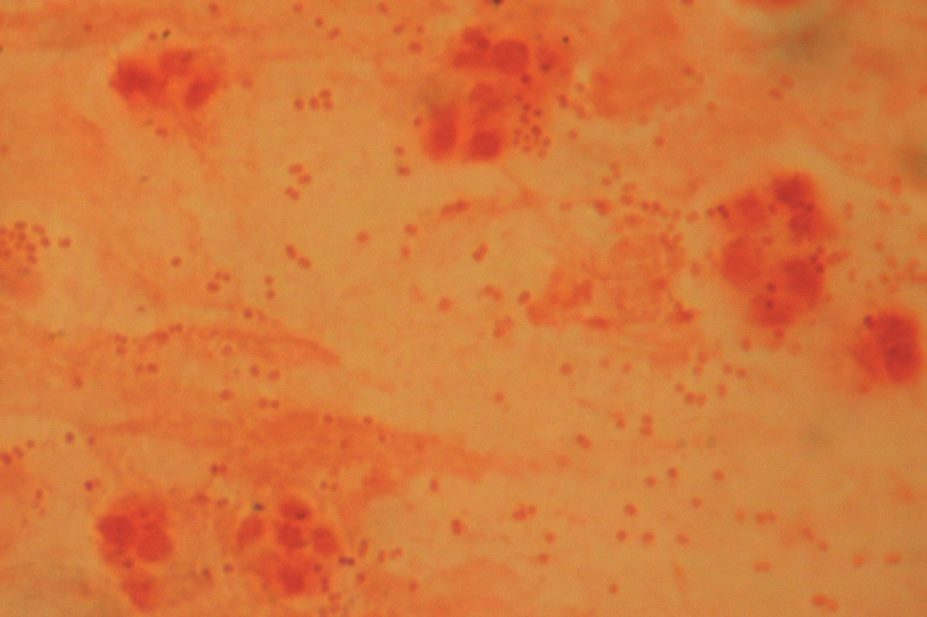
Wikimedia Commons
Glucocorticoids are widely used for their anti-inflammatory action but the underlying mechanism of action is poorly understood. Building on previous knowledge that nuclear factor-kB is involved in the regulation of pro-inflammatory mediators, US researchers infected mice with a lethal strain of Haemophilis influenzae.
Writing in Nature Communications (online, 14 January 2015)[1]
, they report that glucocorticoid treatment significantly suppressed pulmonary inflammation in wild-type mice infected with H. influenzae. However, the effect of therapy was significantly attenuated in mice lacking IRAK-M, a negative regulator of inflammatory pathways. Furthermore, they showed that glucocorticoids and H. influenza synergistically upregulated IRAK-M expression.
IRAK-M may therefore represent a new therapeutic target to suppress bacteria-induced inflammation, the authors propose.

